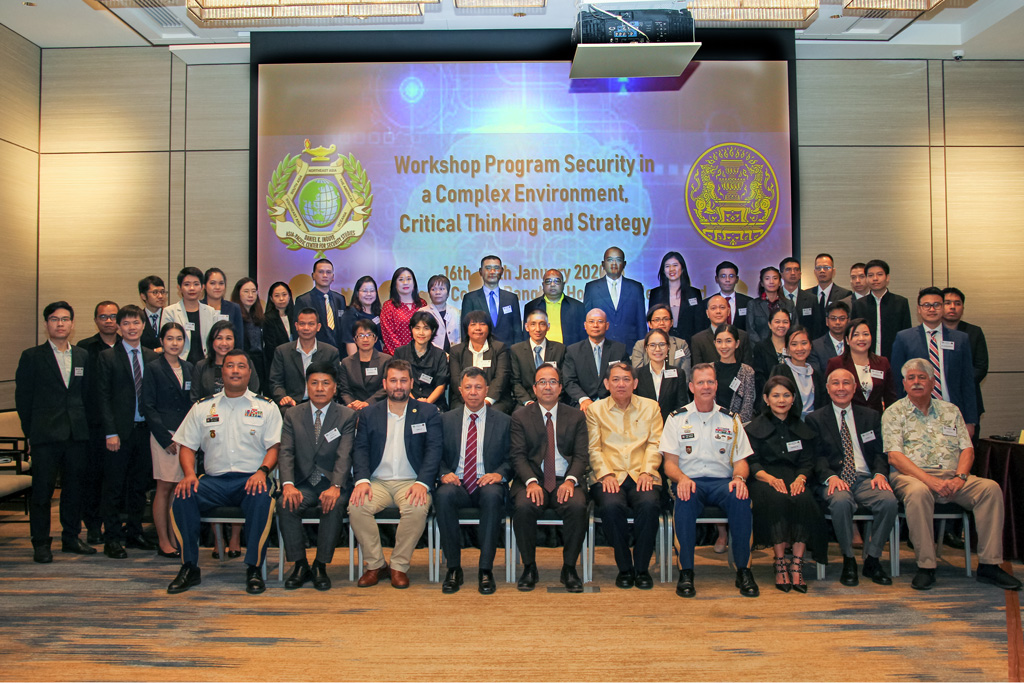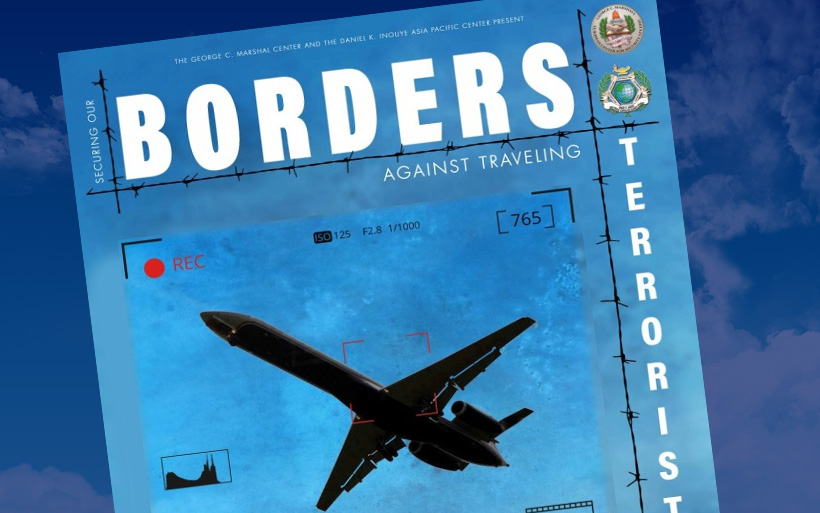Jakarta, Indonesia – Disaster management specialists, government spokespersons and members of the media discussed the strategic impact of the media in comprehensive crisis management in a workshop hosted by the Asia-Pacific Center for Security Studies (APCSS) Dec. 14-16, 2010 in Jakarta, Indonesia.
Fifty-five participants from 10 Southeast Asian countries worked to identify how crisis managers and members of the media could work together to help societies prevent and prepare for, respond to and recover from natural disasters and other crises. They assessed crisis management from the strategic to the tactical levels and reflected on the need for whole of society engagement.
Workshop participants discussed case studies and shared best practices such as the 2004 tsunami. Media coverage mobilized resources to respond to the disaster and begin the difficult task of rebuilding, and, in the process, brought communities together, with the result in Indonesia of solving a decades-long local insurgency.
U.S. Ambassador to Indonesia Scot Marciel and retired U.S. Ambassador Lauren Kahea Moriarty, Dean of Academics at APCSS, delivered opening remarks at the workshop. “The media can change the world,” said Dean Moriarty. “When people and policymakers trust the media to be fair and accurate, to present news in context and in ways people can understand, the change can be purposeful, positive, and long-term.”
APCSS professor Dr. Jim Campbell said, “Participants shared perspectives and proposed next steps to improve the strategic role of the media in crisis management in their own countries and the Southeast Asian region.”
The Asia-Pacific Center for Security Studies (APCSS) is a U.S. Department of Defense executive education institution in Honolulu, Hawaii, USA. The Center addresses regional and transnational security issues through in-resident courses, workshops, and research. Its mission is to educate, connect and empower practitioners to advance security in the Asia-Pacific region.








